Carlos Lozada, an opinion columnist at the New York Times and former book reviewer at the Washington Post, has taken it upon himself to do something rarely done in Washington: the homework. Over several years, he has read (typically multiple times) the new texts of contemporary American politics—the campaign biographies, the presidential memoirs, the staffer tell-alls, the “Trump books”—and documented his journey in hundreds of articles.
That work is in full display in The Washington Book: How to Read Politics and Politicians, a collection of Lozada’s essays that showcases the value of paying close attention to our political scripts at a time when most people want to turn away.
After all, who would want to spend—or, some would argue, waste—time reading books that are almost meant to be strip-mined by journalists looking for newsy quotes? Even political junkies are turned off by Washington books, with their flashy covers, author names in bigger font than the titles, and uninspiring writing. As Nick Cattogio wrote recently, “The typical political memoir is unreadable dreck, particularly those authored-by-committee numbers designed to create a national ‘brand’ for some young striver.”
“They’re self-serving and unmemorable, almost by definition,” he added.
But however self-serving, calculated, or even ghost-written Washington books may be, they still offer key insights to Lozada. “Here’s the real reason to read these books: no matter how carefully these politicians sanitize their experiences and positions and records, no matter how diligently they present themselves in the best and safest and most electable or confirmable light—they almost always end up revealing themselves,” he writes. “Whether they mean to or not, in their books, they tell us who they really are.”
Lozada in turn adopts the role of Washington-analyst-as-humanist-critic, revealing marks of truth strewn throughout political books and texts. “If the art of politics can be to subtract meaning from language, to produce more and more words that say less and less, then it is my purpose as a journalist to try to find that meaning and put it back,” he writes.
A passing anecdote in a staffer’s memoir can be as revealing as a politician’s own written words, for example. Lozada highlights one such story from Barack Obama’s body man Reggie Love, who recounts in his memoir how he left Obama’s briefcase behind after they boarded a flight during the 2007 Democratic presidential primary. Obama scolded Love for the oversight because he wanted to be seen carrying his own bag off the plane. “JFK carried his own bags,” Obama told Love. For Lozada, that one line “says so much about how carefully Obama cultivated his public image, how he wanted people to think about his story, and maybe how he thought about himself.”
What’s omitted in Washington books can often be as revelatory as what’s included. In Mike Pence’s autobiography, Lozada highlights how the former vice president frames Donald Trump’s statement on January 6, calling on the mob at the Capitol to stand down after hours of silence from the White House. “I know your pain, I know your hurt … but you have to go home now, we have to have peace,” Pence quotes Trump as saying. What’s left out in the ellipses is Trump reiterating the lie that prompted the riot in the first place. “We had an election that was stolen from us,” Trump said. “It was a landslide election, and everyone knows it, especially the other side.”
“So much of Pence’s vice presidency is captured in those three little dots,” Lozada notes.
The carefully curated campaign memoir can provide a glimpse into the character of future leaders, for good or for ill. Reading Kamala Harris’, Lozada highlights how the future vice president has a penchant for rejecting “false choices” in public policy: She’s for the police and police accountability, the undocumented immigrant and the American citizen, an institutionalist Democrat trying to burnish her progressive credentials without alienating the middle of her party. Yet after three years of watching her as vice president, Harris’ aversion to false choices looks more like an aversion to choices at all, a dynamic, most awkwardly on display in a series of bizarre public comments that seem to lack any meaning or substance.
Many of Lozada’s insights are just plain funny. Looking at the acknowledgments in Marco Rubio’s 2015 memoir, Lozado notes that Rubio first thanks “my Lord, Jesus Christ, whose willingness to suffer and die for my sins will allow me to enjoy eternal life.” Who does Rubio thank second? His “very wise lawyer, Bob Barnett.”
“It’s the Washington addendum to Pascal’s wager: believe in God, but just in case things go wrong, hire a big-time lawyer,” writes Lozada (who, for what it’s worth, himself thanked Jeff Bezos for keeping the lights on at the Post in his previous book).
The Washington Book also points to a familiar but underappreciated lesson: primary sources matter. There are plenty of nuggets to be found while sifting through the silt of political writing, but there are no shortcuts. You can’t skim historical texts or great works of literature and hope to glean much. The value of reading Shakespeare isn’t to be able to summarize the plotlines of Hamlet or Macbeth; it’s to be exposed to timeless themes and truths of human nature through beautiful writing. Washington books often couldn’t be farther from Shakespeare, but the pedagogical truth remains the same.
Still, Lozada’s very success at understanding Washington books can enable their continued neglect. He explains that people frequently tell him, “You read these books so we don’t have to.” Even his New York Times reviewer admits that he wasn’t persuaded to read more Washington books but will instead keep reading Lozada.
So, after dozens of “Trump and Democracy” books—the ones with the “spoken-word poetry of titles”—have been published, couldn’t Acela seat warmers turn to Lozada’s reviews as a sort of CliffNotes?
That would be a mistake. Reading our contemporary political texts can offer a partial antidote to the political rancor that plagues the politically over-engaged. To read well is to engage in the critic’s first task, which isn’t to abjure, but to understand, to be curious. “When you read enough of these books, you don’t just learn something about this or that political figure,” Lozada writes. “You also glean something about the state of our civic life.”
The Washington Book is a helpful retrospective on the leading political and cultural faultlines of the last 10 years. But our public life would be better served if more people not only read Lozada, but also read like Lozada reads.
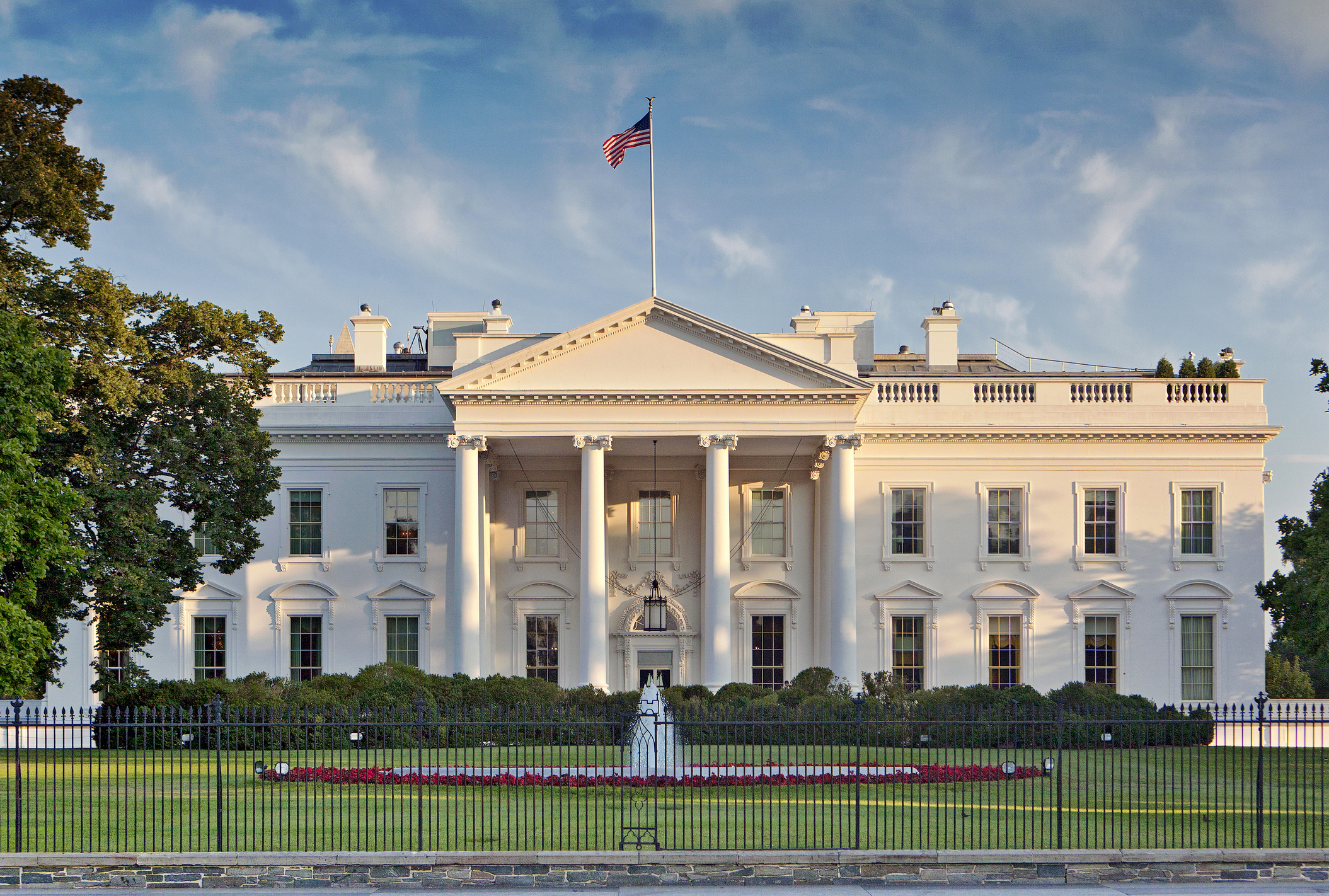

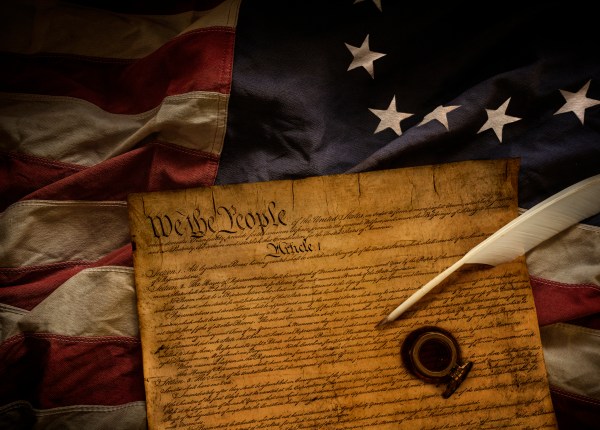
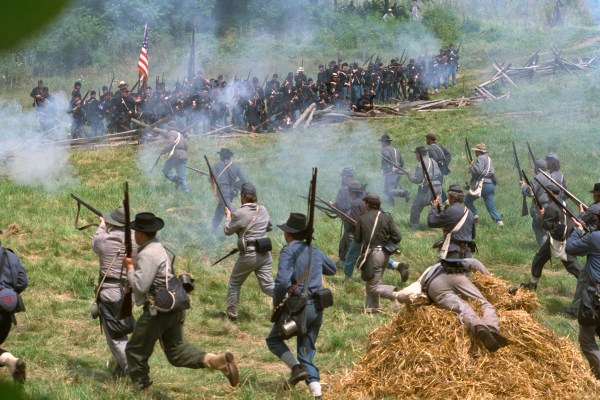


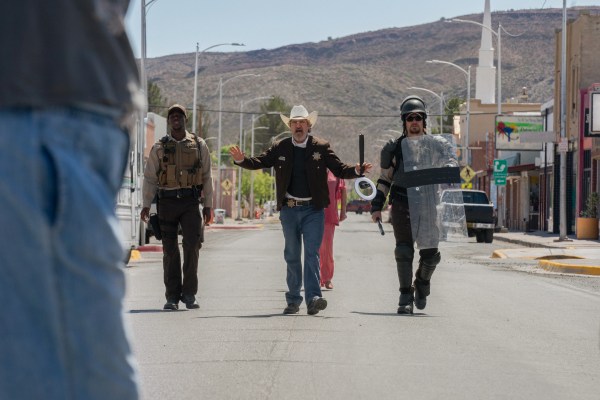

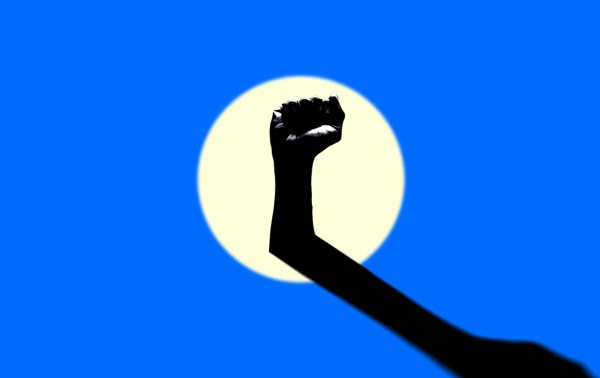

Please note that we at The Dispatch hold ourselves, our work, and our commenters to a higher standard than other places on the internet. We welcome comments that foster genuine debate or discussion—including comments critical of us or our work—but responses that include ad hominem attacks on fellow Dispatch members or are intended to stoke fear and anger may be moderated.
With your membership, you only have the ability to comment on The Morning Dispatch articles. Consider upgrading to join the conversation everywhere.